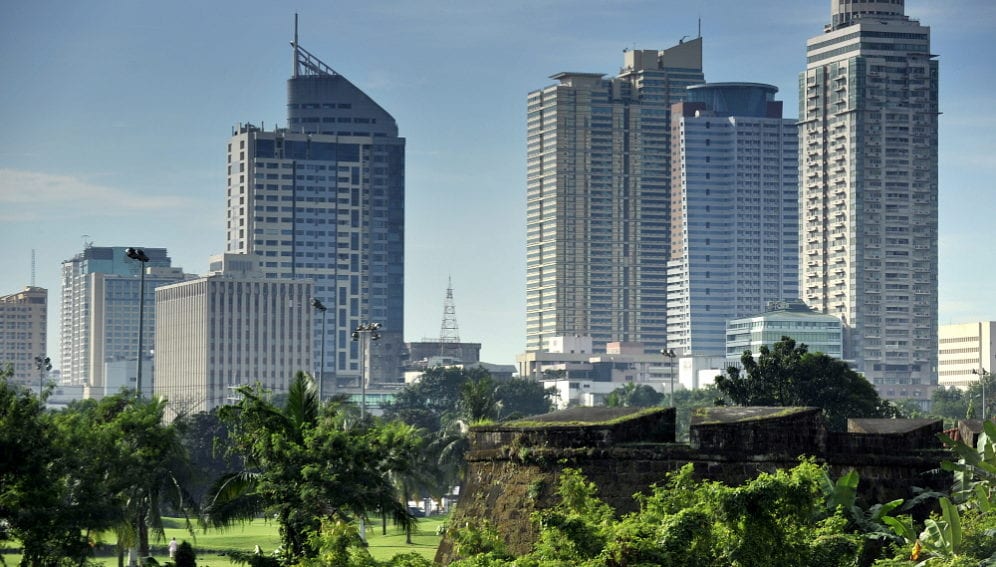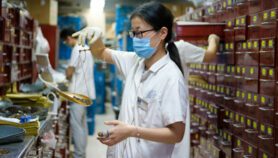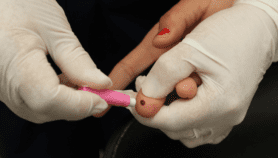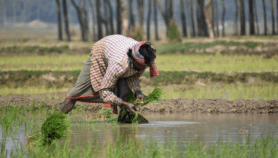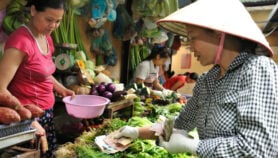By: Fatima Arkin
Send to a friend
The details you provide on this page will not be used to send unsolicited email, and will not be sold to a 3rd party. See privacy policy.
[MANILA] The Global Forum on Research and Innovation for Health opens in Manila this week (24-27 August) at the same time that the Philippines is hosting yearlong APEC meetings partly to capitalise on the spotlight now turned on the host country.
“By engineering conferences in such a way that you make them back to back, there is hope that stuff will actually get through,” Carel IJsselmuiden, executive director of the Geneva-based Council on Health Research for Development (COHRED), the main organiser of the event, tells SciDev.Net.
Over 4,000 people from 72 countries, including all ten ASEAN member states, have registered for the forum, which seeks to provide a platform on innovation for public, private and non-profit institutions affiliated with low- and middle- income countries.
No longer largely research-focused, the event’s theme is “people at the centre of research and innovation for health”.
“Here, if we bring into the room people who are ideologically opposed and the way they look at solutions totally different, if we can create a format where trust happens and we can actually speak to each other, then we can create things you wouldn’t see anywhere else”, says IJsselmuiden.
The forum is largely funded by middle income countries striving to influence the global health agenda, which disproportionately affects them but is almost exclusively set in developed countries.
For this event, however, the Philippine government is covering most of the costs in “what we see as an investment too in national development”, Jaime Montoya, executive director of the Philippine Center for Health Research and Development, tells SciDev.Net.
“We want to show that we have the expertise and the capabilities so that we can address our own issues,” he adds, referring to natural disasters, energy and food security concerns, which are prevalent in the country and the region and are highlighted in the conference sessions.
Activists claim that close to 90 per cent of international health research funding is spent on three illnesses — HIV/AIDS, tuberculosis and malaria. But people living in middle- and low-income countries, especially the poor, are dying from a range of issues.
“The solution is not going to come from convincing Bill Gates, the Wellcome Trust or the National Institutes of Health to spend more of their money on those problems,” says IJsselmuiden. “It’s going to come from low- and middle-income countries themselves who start creating budgets, start creating environments for science and technology. The forum wants to play a role in achieving that.”
This article has been produced by SciDev.Net's South-East Asia & Pacific desk.


